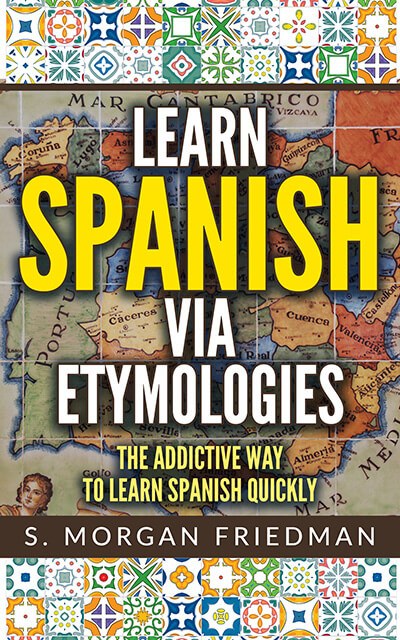Tripulación (Spanish for “crew”, such as on a boat or plane) comes from the Latin prefix inter– (“between”) and the Latin root polire (“to polish” in Latin). A crew probably spends much of their time polishing the ship to perfection, right?
From the same Latin root polire, we get another Spanish word: pulir which means… “to polish”. Surprise, surprise!
From this root, we also get the English polish as well, in addition to the less obvious: interpolate. How did that transformation of meaning happen? Remember that in interpolating, you’re really polishing up the data! You’re taking data from the dusty bins of forgotten files, dusting it off, and reusing it: just like polishing up a ship.
The p-l root is clear in all variations as well.

